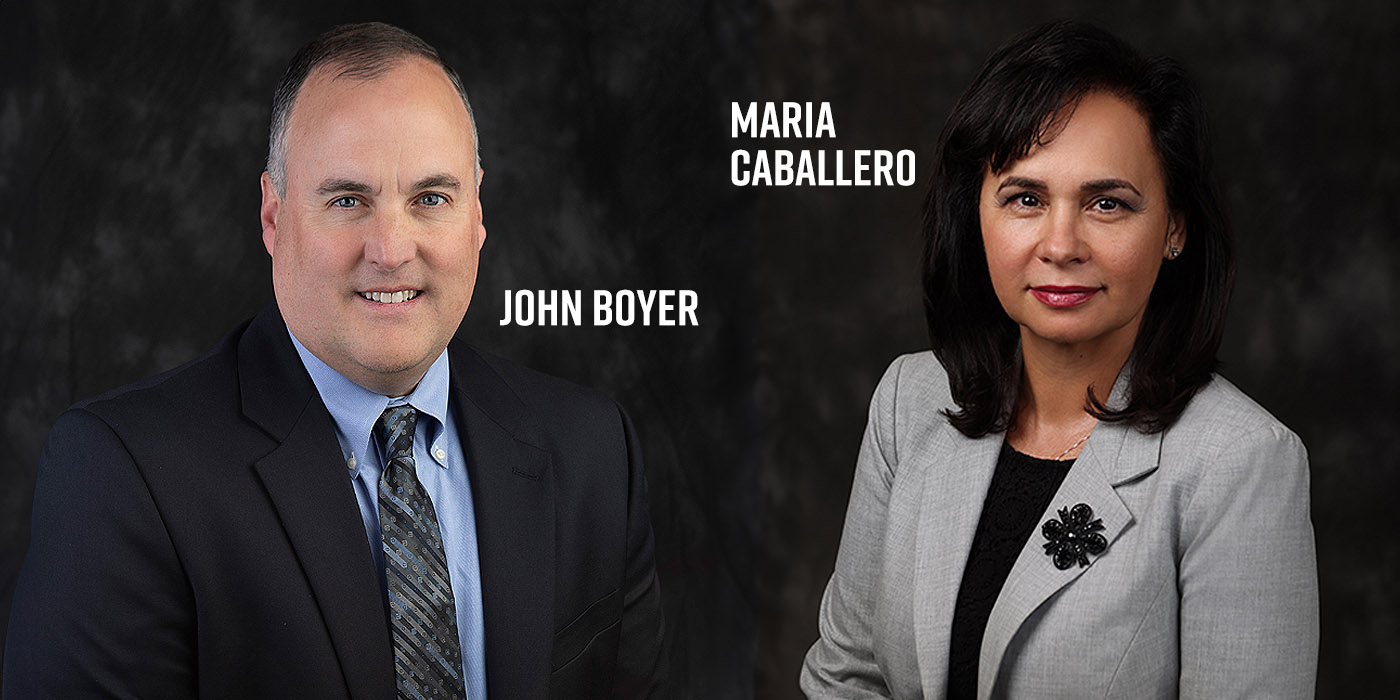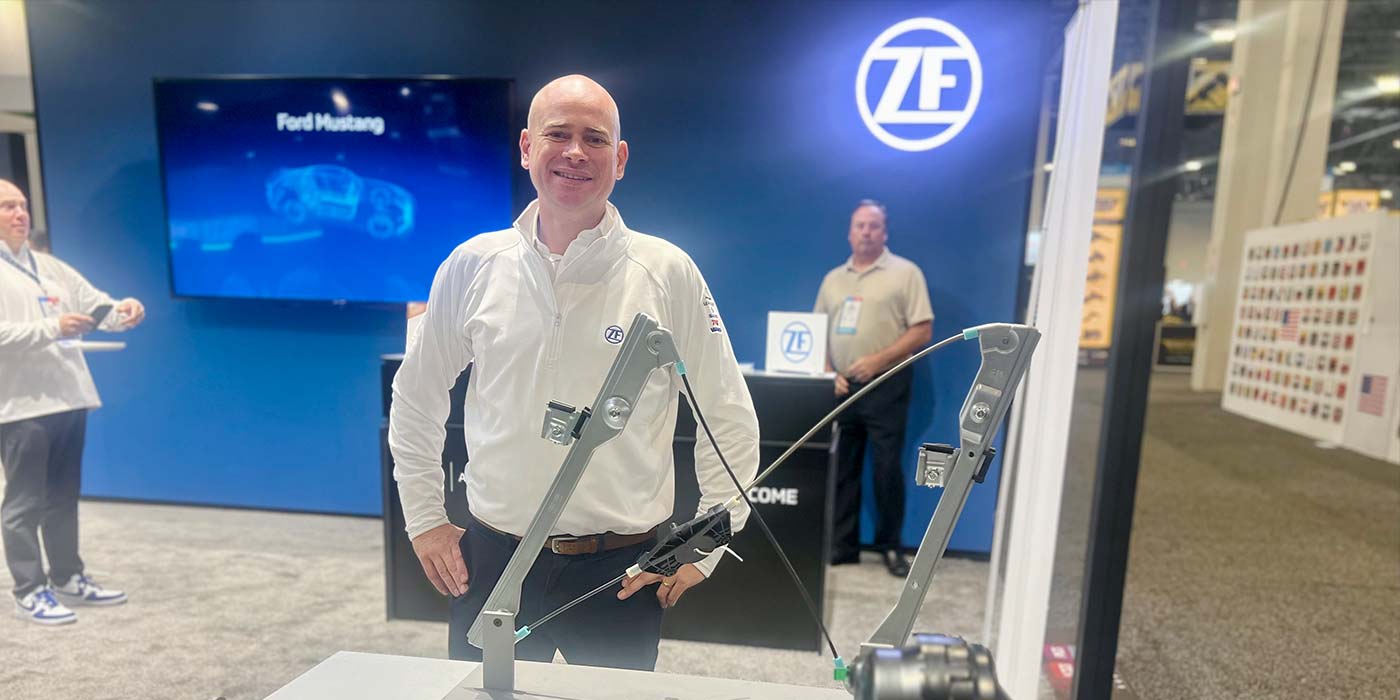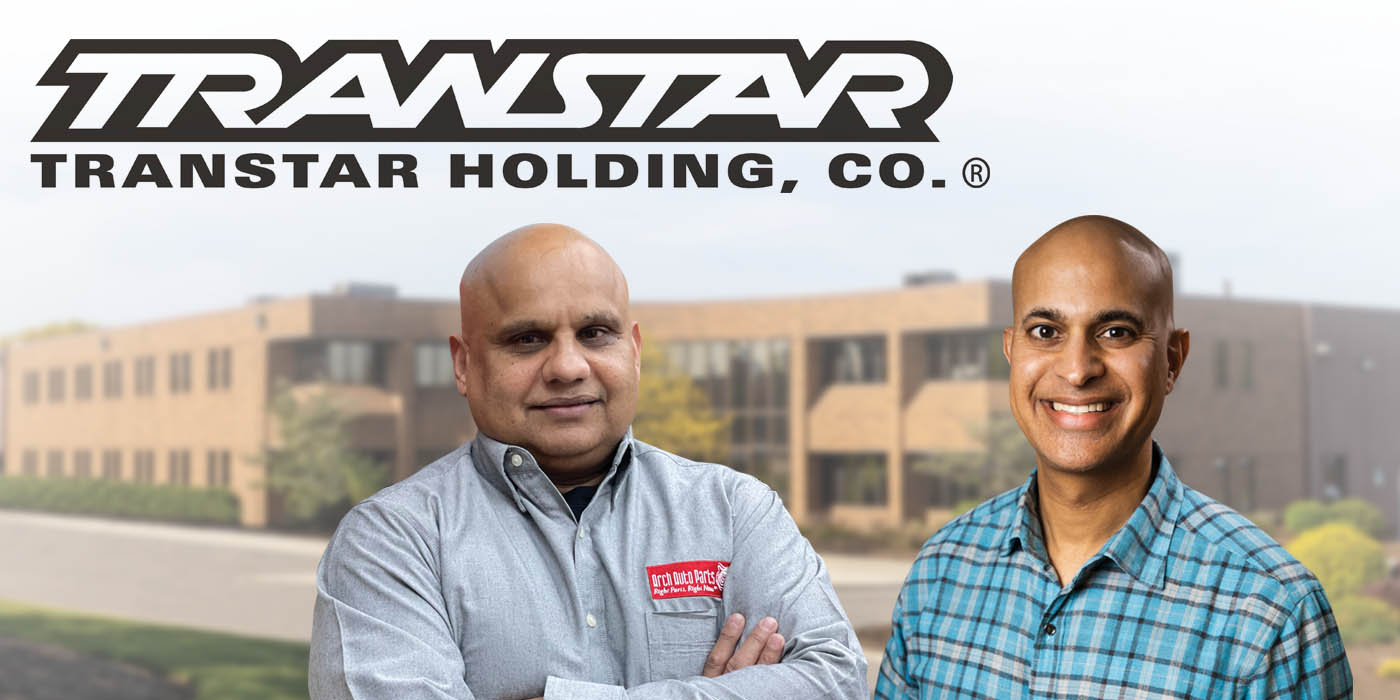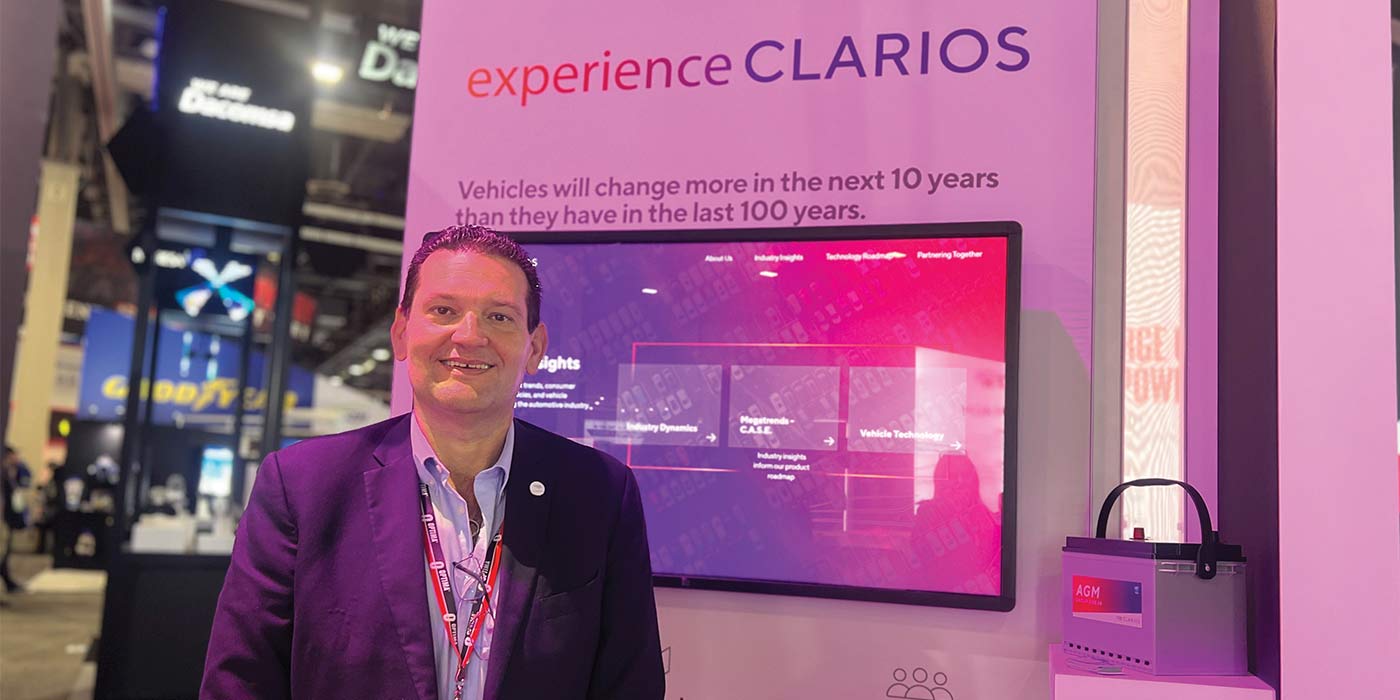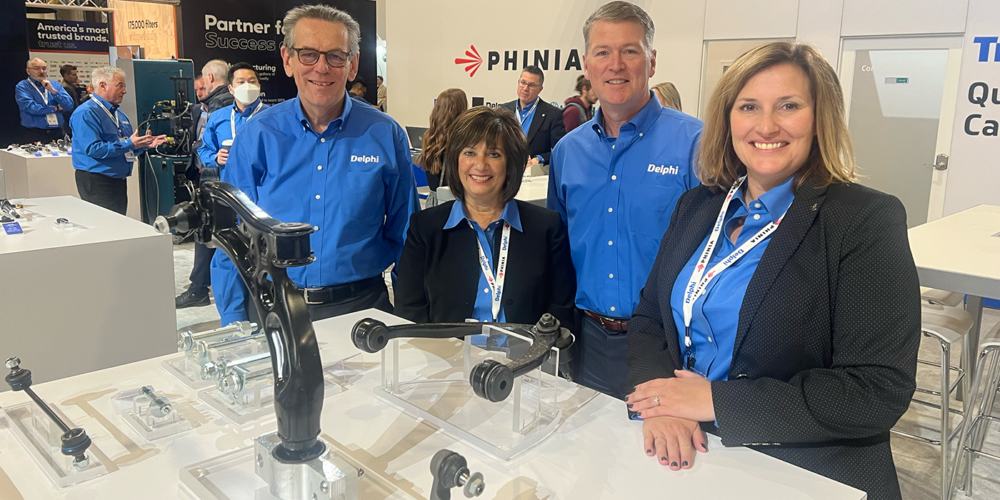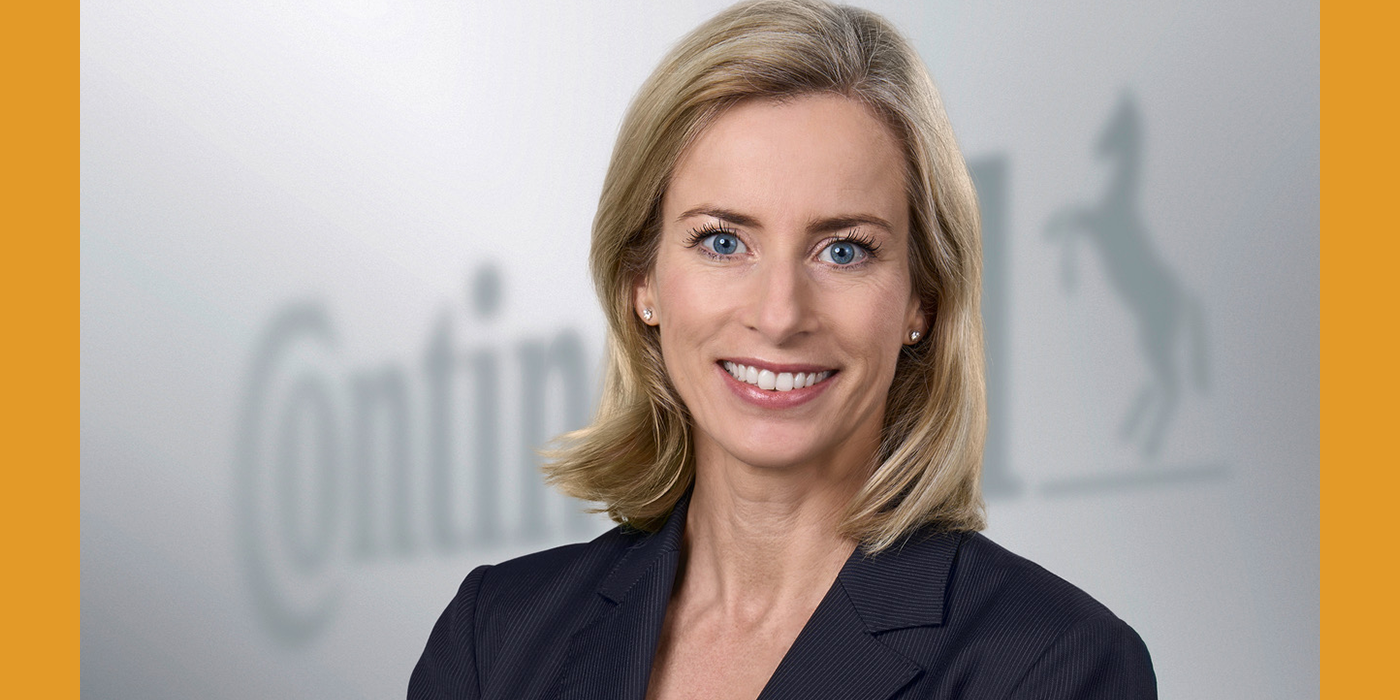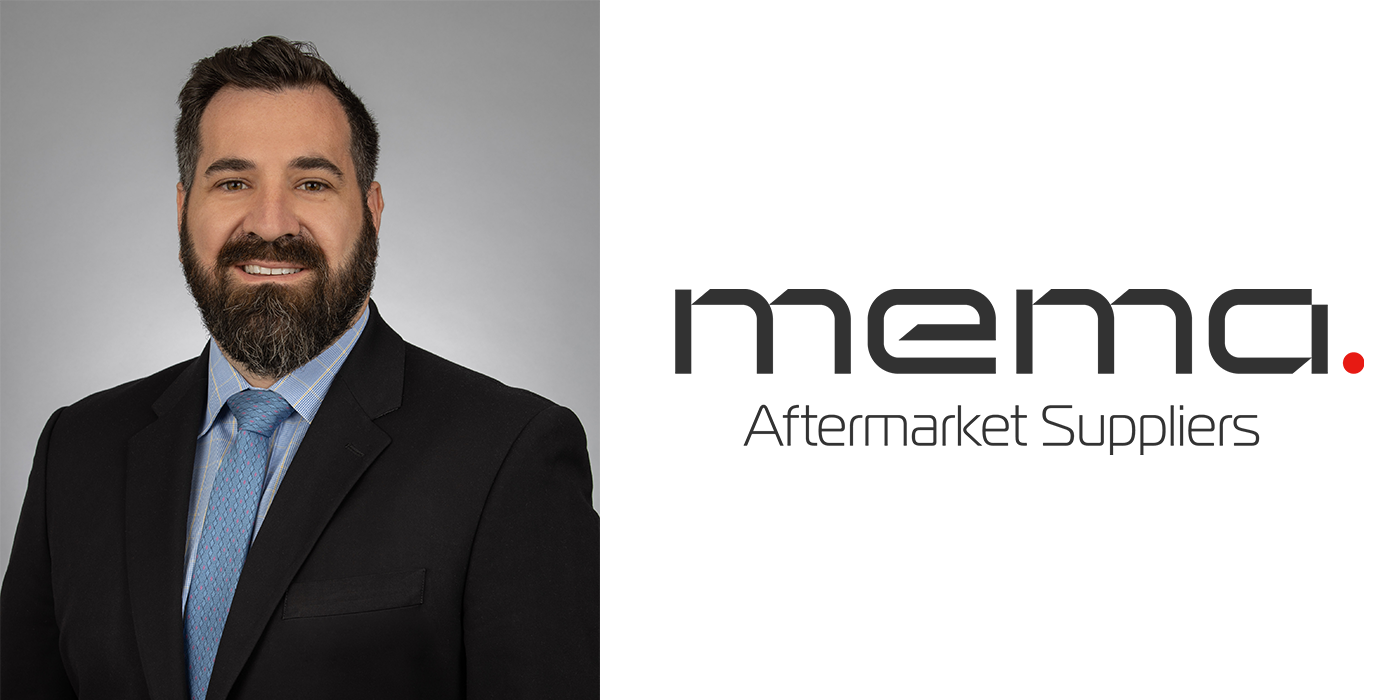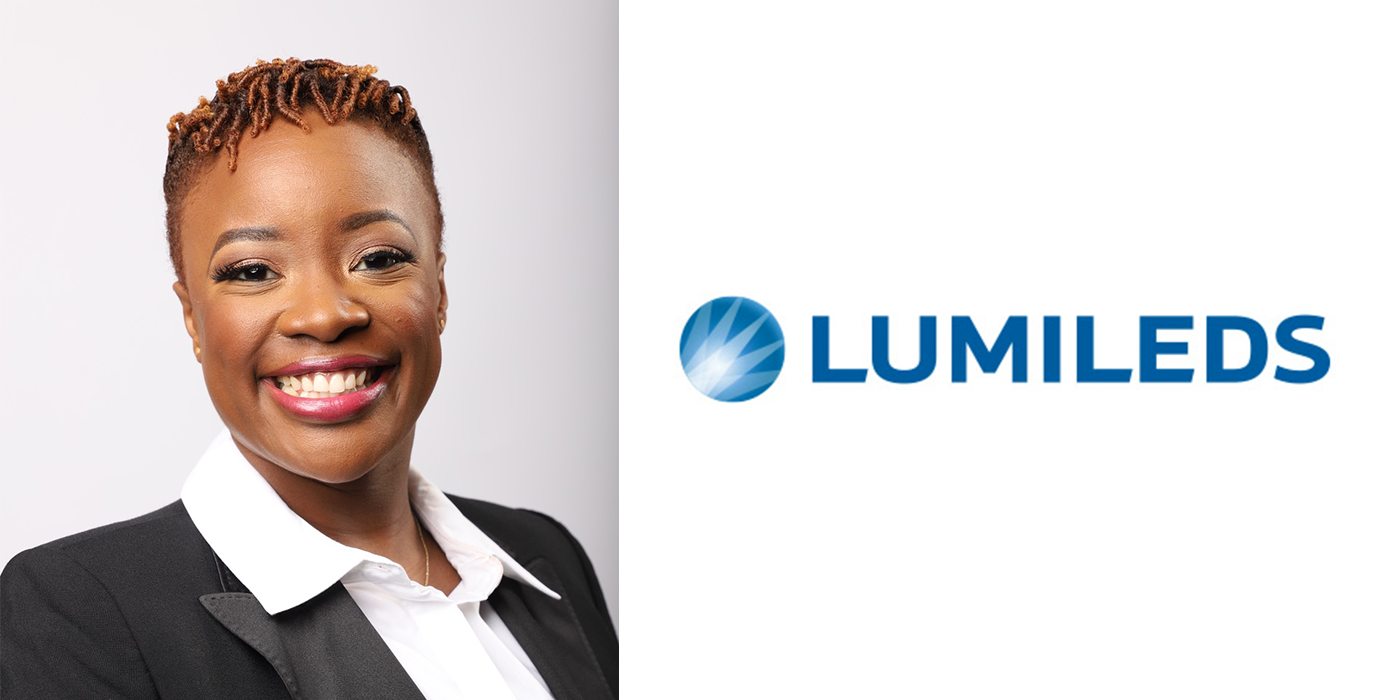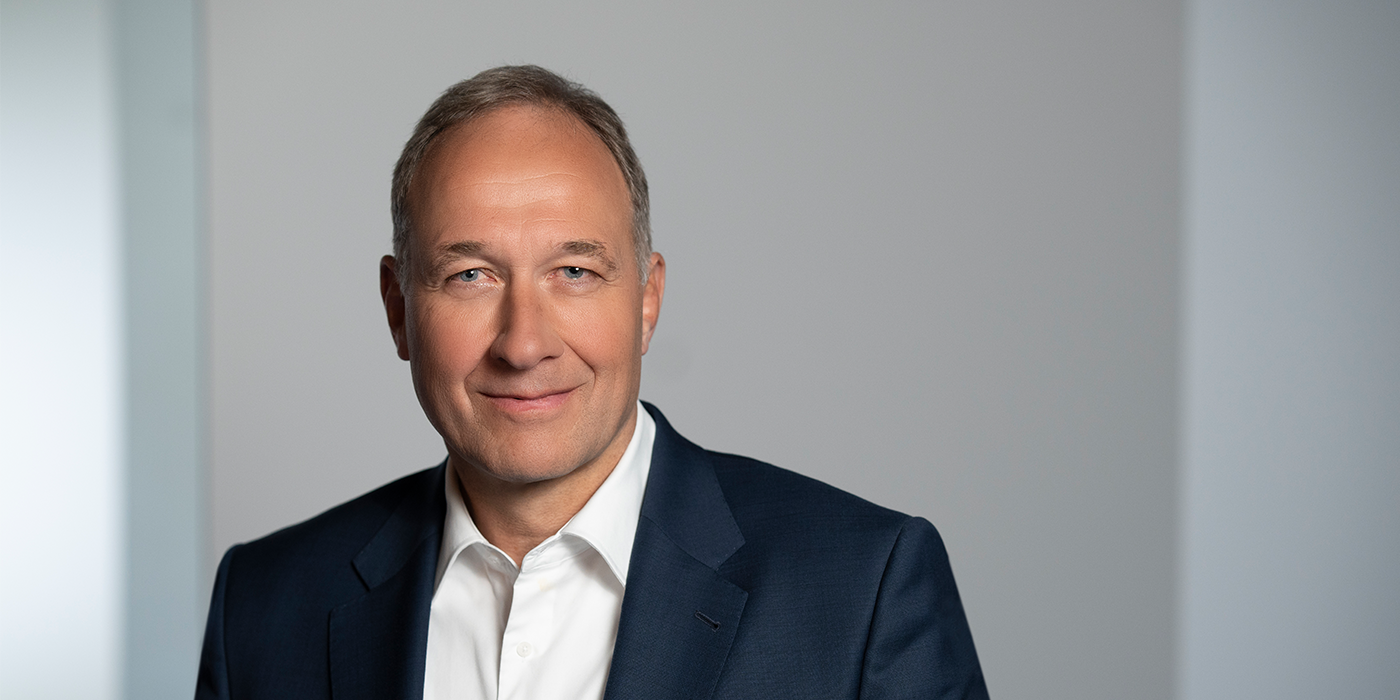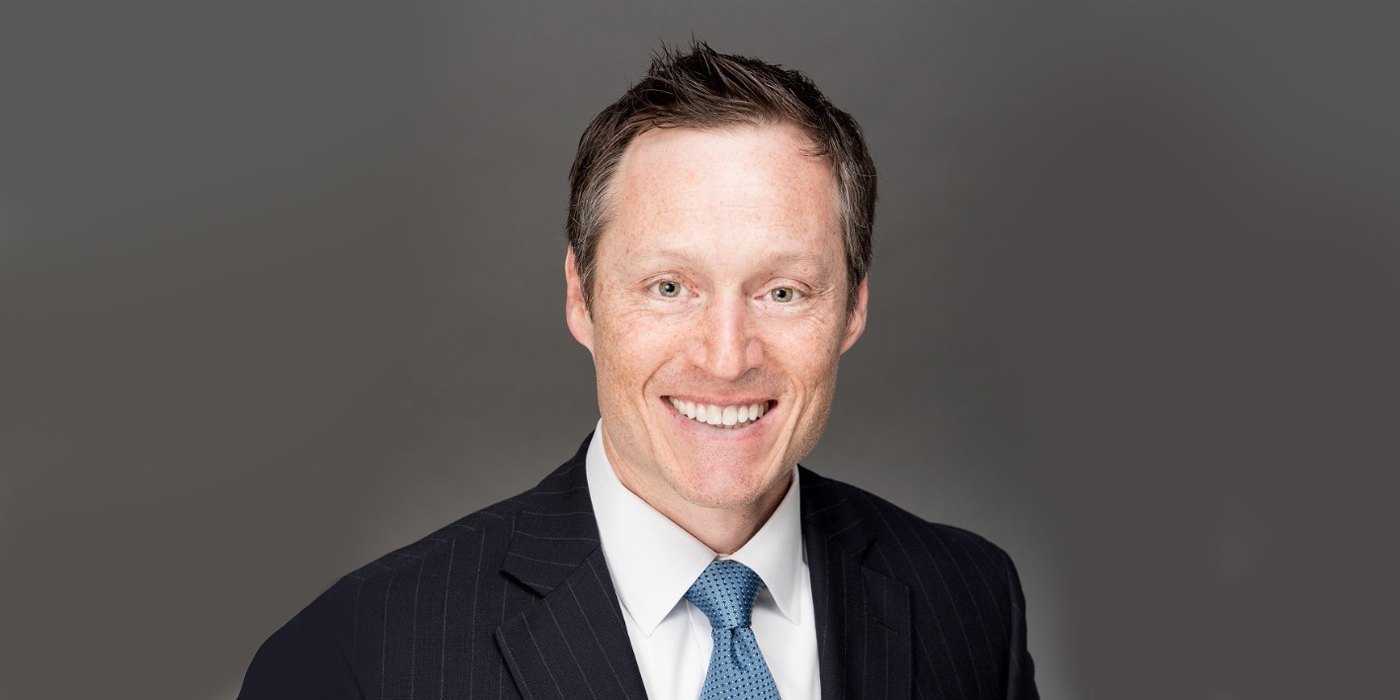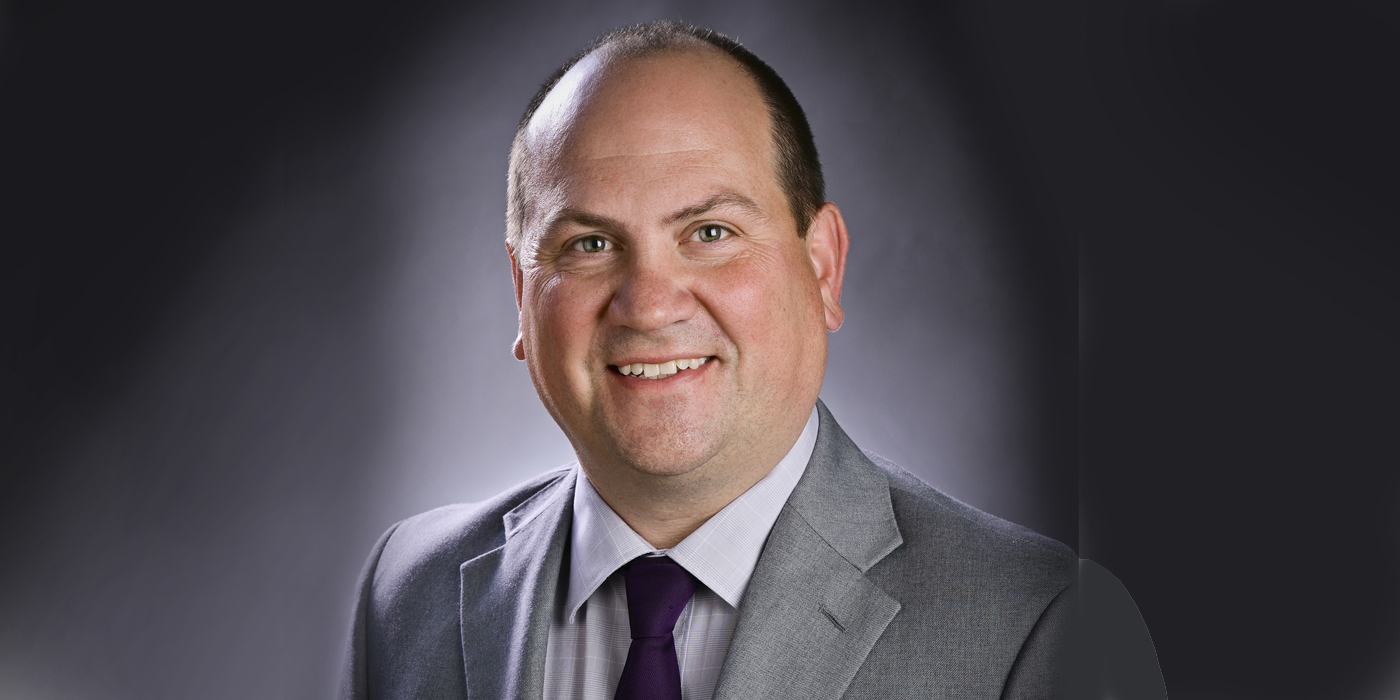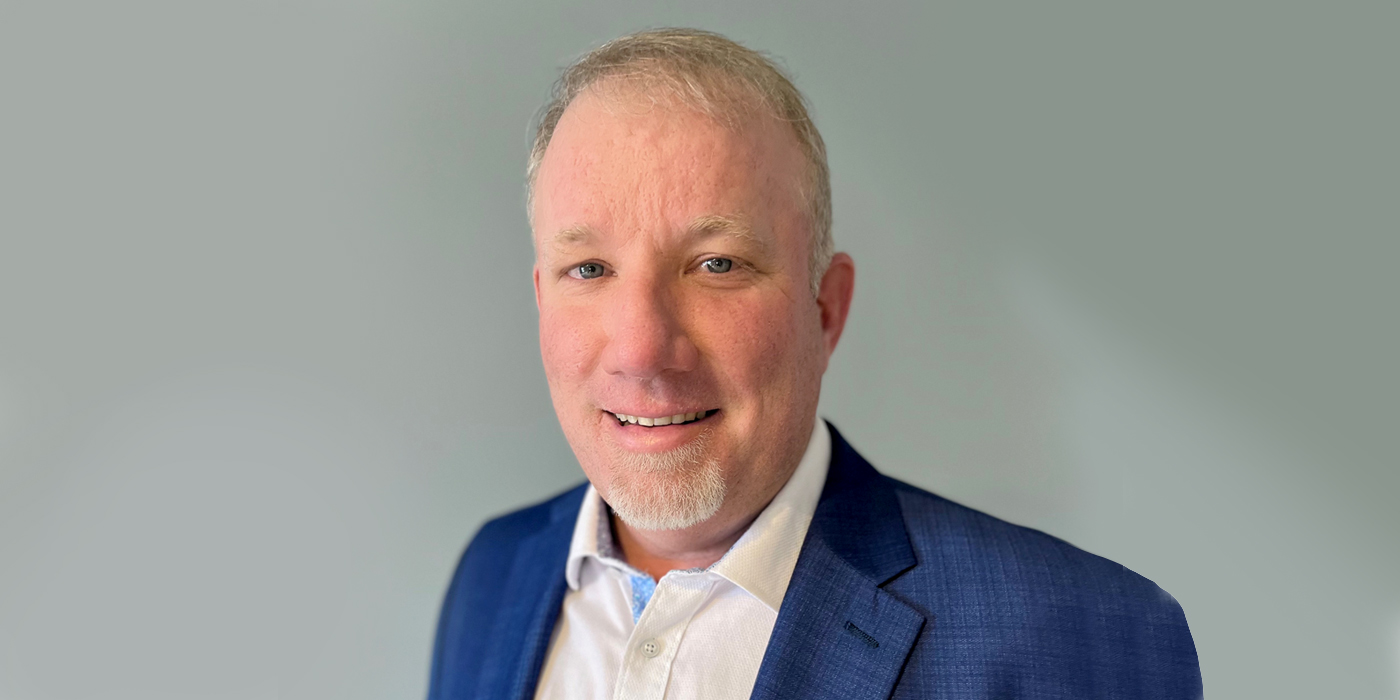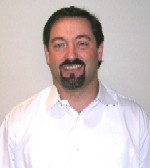 HOUSTON, TX — This week we hear from Steve Reindl, general manager for Shell Lubricants National Accounts. Reindl manages a cross-functional team of sales, category management, forecasting and replenishment specialists. Reindl and his team work with national accounts to improve Shell Lubricants’ position in the automotive aftermarket. Shell was recognized by key customers, AutoZone and Advance, as Vendor of the Year in 2006. Reindl joined Shell in October 2001. Prior to joining Shell, he held progressive management positions with Oscar Mayer, Kraft Foods and Pepperidge Farm. Reindl has more than 20 years’ experience in the commercial industry within the food, mass merchandiser and club retail environment.
HOUSTON, TX — This week we hear from Steve Reindl, general manager for Shell Lubricants National Accounts. Reindl manages a cross-functional team of sales, category management, forecasting and replenishment specialists. Reindl and his team work with national accounts to improve Shell Lubricants’ position in the automotive aftermarket. Shell was recognized by key customers, AutoZone and Advance, as Vendor of the Year in 2006. Reindl joined Shell in October 2001. Prior to joining Shell, he held progressive management positions with Oscar Mayer, Kraft Foods and Pepperidge Farm. Reindl has more than 20 years’ experience in the commercial industry within the food, mass merchandiser and club retail environment.
Join us as Reindl talks about Shell’s position in the aftermarket and his thoughts on the future of the lubricants sector.
Tell us briefly about Shell Lubricants, its history, overall scope and its place within the Shell Oil Company.
Today’s Shell Lubricants is the result of the combination of Shell Oil Company’s lubricants business and the former Pennzoil-Quaker State organization, which Shell acquired in 2002. We manufacture and blend lubricants products for the consumer, industrial and transport applications, and we market those products through a portfolio of top quality brands, including Pennzoil, Quaker State and Shell. We also market performance chemicals, appearance products and automotive accessories under brands such as Rain-X, Black Magic and Gumout. Shell is the number one lubricants provider in the global marketplace, and the U.S. is our largest lubricants market.
What is available in Shell’s current aftermarket product line and how do these products differ from the competition?
What is unique about Shell Lubricants is the breadth and depth of our portfolio. We offer performance chemicals, appearance products and accessories, as well as our strong motor oil brands. Our portfolio makes for easy one-stop shopping for aftermarket customers.
Our motor oil products are led by the Pennzoil brand, which is the top selling motor oil in the U.S. We’ve experienced measurable growth with our premium Pennzoil Platinum full synthetic motor oil. We are also seeing a lot of interest in our Q line of motor oils, which are designed to help maximize power for specific engines and driving needs. For the growing diesel pick-up market, Shell Rotella T is the category leader for diesel motor oil among both light and heavy-duty truck owners. We reformulated Shell Rotella in 2006 to meet the demanding new API CJ-4 specifications for diesel engines, and a full synthetic CJ-4 formulation of Shell Rotella T will be on the market in a few months.
We’ve also enjoyed measurable growth of our Rain-X brand wiper blades, especially with our premium Latitude line of blades, which we introduced late last year.
How does Shell keep the end-user, be it professional technician or DIYer, educated on the company’s products and the proper way to use them?
Counter personnel and technicians are our link to the consumer and therefore critical to our success. Our goal is to provide these key customers with updated information about the technology and innovation in Shell Lubricants’ products.
We have recently focused on meeting with these influencers where they work — at their places of business. For example, we have a team of Shell Lubricants personnel and ASE-certified mechanics visiting lube centers to educate technicians about the specific benefits of our various motor oils and car care products. Initiatives such as this are particularly important as we introduce advanced technology products such as Pennzoil Platinum with Adaptive Molecules and Rain-X Latitude wiper blades.
Shell Lubricants salespeople are frequently in the field and are well equipped to provide information about our products. Shell Lubricants also provides a technical hotline staffed by knowledgeable employees and web-based learning programs for counter personnel and technicians.
For DIYers, we have created a number of programs to help them understand the benefits offered by our premium products. The Pennzoil Platinum Ultimate Protection Tour, the Q Power Challenge and the Black Magic Shine Tour engage consumers at automotive enthusiast events and NASCAR and NHRA races. These mobile marketing tours vividly display key information about these products and offer hands-on demonstrations of product use.
We also use our online resources to educate consumers. When we launched Pennzoil Platinum full synthetic, we created a website to help educate consumers about full-synthetic motor oil. PennzoilPlatinum.com covers topics ranging from how Pennzoil Platinum full synthetic motor oil is formulated, to extreme temperature protection, to high-performance testing.
We also use traditional in-store programs such as TV, brochures and signage to help educate customers and consumers about our leading products.
Service providers rely on the consumer mindset that their oil needs to be changed every 3,000 miles. How can the industry do a better job of communicating to consumers that most are considered ‘severe drivers’ and need to stick to the 3,000 mile interval?
Lack of knowledge about severe driving is a significant problem for the industry. Many consumers aren’t even aware that many automotive manufacturers distinguish between different types of driving, and those who are aware are often confused about what constitutes normal versus severe.
To eliminate consumers’ confusion and preserve their trust, the automotive and aftermarket industries together need to provide a more consistent message to the public. Communicating the realities of severe driving (short trips, stop and go driving, etc.) will help consumers understand that the best defense against harmful engine deposits, oil consumption, reduced fuel economy and engine wear is to follow their OEM’s oil drain recommendations for severe driving.
What percent of all oil changes are conducted by DIYers, quick lubes, dealerships and independent shops?
According to the NPD Car Care Trak, 55 percent of people change their own motor oil (DIY) and 45 percent have their oil changed for them (DIFM). Of those having their oil changed by someone else, 28 percent use a quick lube operator, 26 percent go to a car dealer and 13 percent go to a local repair shop.
What is Shell Lubricants’ share of the automotive aftermarket?
Shell Lubricants share of the U.S. passenger car motor oil category is 31 percent, according to NPD Car Care Trak, June 2007. Our industry-leading position is continuously strengthened by our brands, technology and innovation, and our ability to provide automotive maintenance solutions that meet the needs of today’s consumers.
There is much talk today about concerns regarding global warming and other environmental issues. As a result, many major manufacturers are taking a closer look at their own impact on the environment. Where does Shell Lubricants stand on environmental issues?
At this point, hydrocarbons supply approximately 80 percent of today’s global energy portfolio, and they continue to represent the most affordable and accessible energy source for the foreseeable future. As a result, managing CO2 emissions is a priority for Shell. Shell was one of the first energy companies to acknowledge the threat of climate change and to call for action by governments, our industry and energy users, and to take action ourselves. We are playing a leading role in demonstrating ways to manage and reduce CO2 responsibly.
Where do you see the raw materials market heading in the next five to 10 years?
We can’t predict where base oil markets are going, so we look to develop robust value chains that can offer compelling customer value propositions in both long and short base oil market conditions.
Do you see the lubricants market growing in the direction of the special blends such as high-mileage oil, truck/SUV oil and synthetics?
We at Shell are seeing strong growth in full-synthetic motor oils. We are pleased with consumers’ growing acceptance of these premium products and fully expect it to continue. We are also focusing our research and development efforts on creating innovative products that continue to address the specific needs of the U.S.’s changing vehicle fleet.

